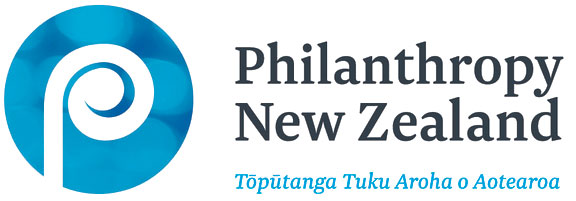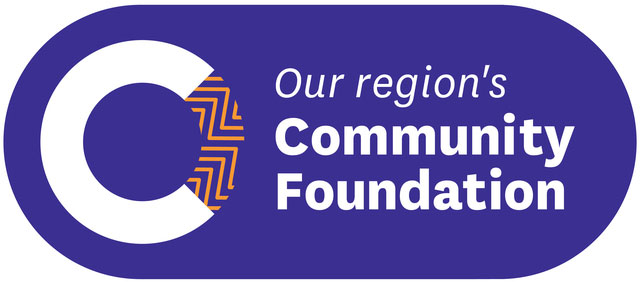Tūī Corridor Project
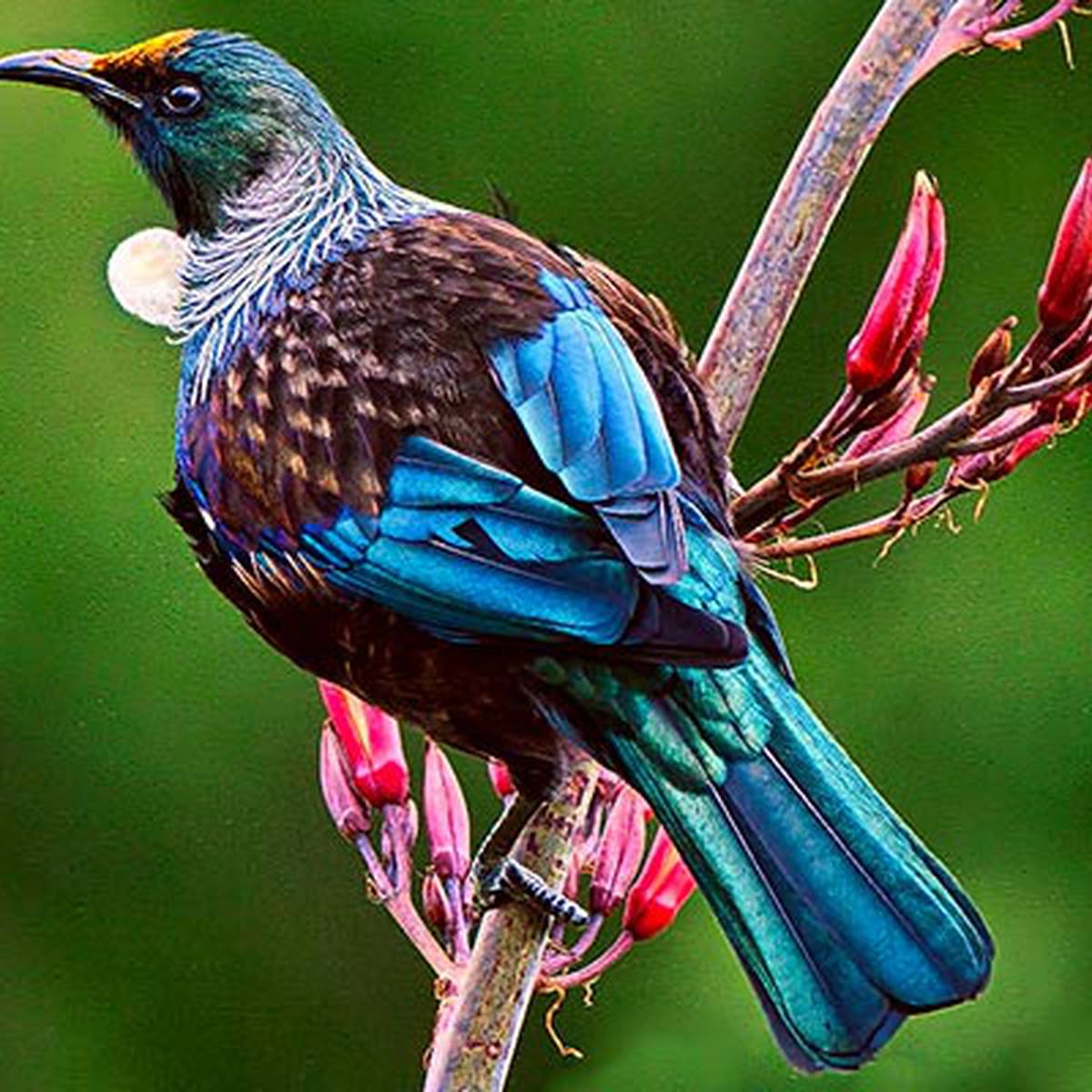
Bringing the iconic sound of Tūī back to Christchurch, Selwyn and Waimakariri backyards through a major habitat restoration programme.
Launched in 2019, our goal was initially to establish a corridor of Tūī friendly vegetation between the Port Hills and the central city.
Click here to access a video and listen to Laura Molles talk about the project.
The Tūī Corridor project was formed through a partnership between Meridian Energy and The Christchurch Foundation, the first project to be rolled out under our ‘Stronger, Greener Christchurch’ joint programme. This programme aims to make greater Ōtautahi Christchurch a better place to live through renewable energy and sustainability initiatives.
Waitaha Canterbury is the only Region in New Zealand where the birds are not common.
Having Tūī as regular visitors to Christchurch and the plains once again is something all of us can work towards. The more residents that plant Tūī tucker in their backyards, the more successful this project will be.
Initally Meridian and the Foundation planted islands of Tūī vegetation in greater Ōtautahi Christchurch twice a year, in consultation with local communities, forming a corridor between Akaroa and central Christchurch.
Click here to see where we have planted so far!
A project which has exceeded expectations
Initally we envisaged initial plantings of around 10,000 native plants, to be followed with more plantings if successful over the next 2-3 years.
This goal was reached as a result of the large-scale community participation generated by the initial plantings.
More than 30,000 individual plants have been planted by more than 33 groups with over 200 volunteers.
The Tūī corridor has also sparked conversations and encouraged people to think about what they can do to help bring native bird life back to Christchurch and the surrounding districts.
So what next? Pest management, weed management and infill planting.
Now need your help to keep the momentum going as our partnership on this project with Meridian has come to an end.
Contact us if your business or you want to help us take this programme much further.
Resources
Tūī tucker planting list thanks to the Banks Peninsular Conservation Trust.
Click here to view videos on our project.
University of Canterbury Students Research
Four students from the University of Canterbury conducted research for their GEOG309 Project on Bringing Tūī Back to Ōtautahi Christchurch.
The research will help us make informed decisions on where to plant and how to ensure the great tūī come back is successful.
You can view their project presentation and the full report here.
Port Hills Fire Regeneration
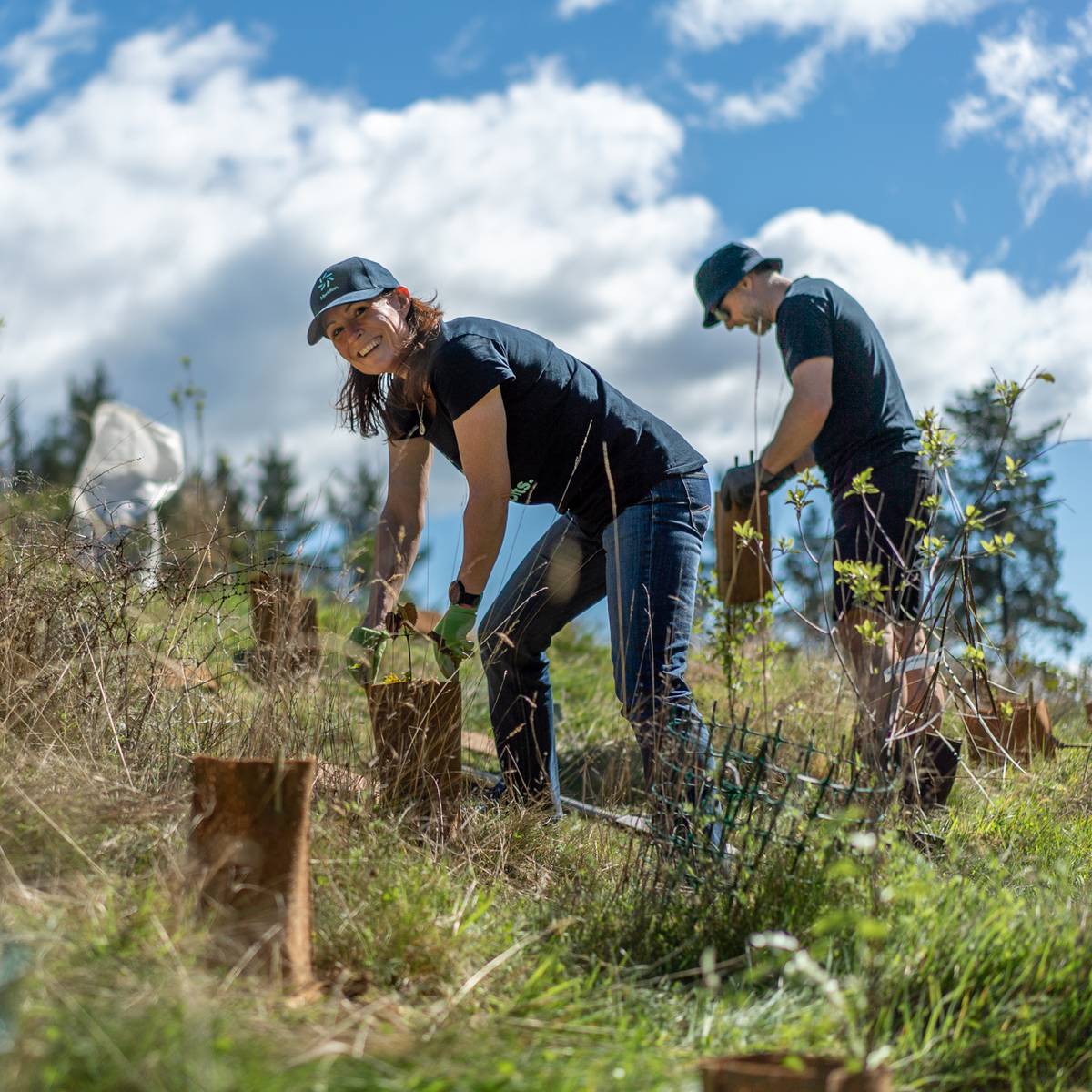
In response to the 2024 Port Hills fire this fund has been established to assist with the regeneration of endemic natives in the impacted area.
There is scientific evidence that natives are more fire resistant and can significantly contribute to the resilience and protection of at-risk ecosystems and communities.
The funds raised will be actively managed by The Christchurch Foundation and distributed with support of the Banks Peninsula Conservation Trust and Te Kākahu Kahukura. These two reputable entities are already working in the impacted area and have extensive experience in the establishment of native plants in a best practice manner with participating landowners (private/public and charitable).
Funding could be applied not only to securing new plants but could also include pest management, weeding and other activities to support the regeneration of the area safely.
The intent is to help increase the fire protection on the port hills as well as also increasing the biodiversity of the area.
Green Philanthropy Fund
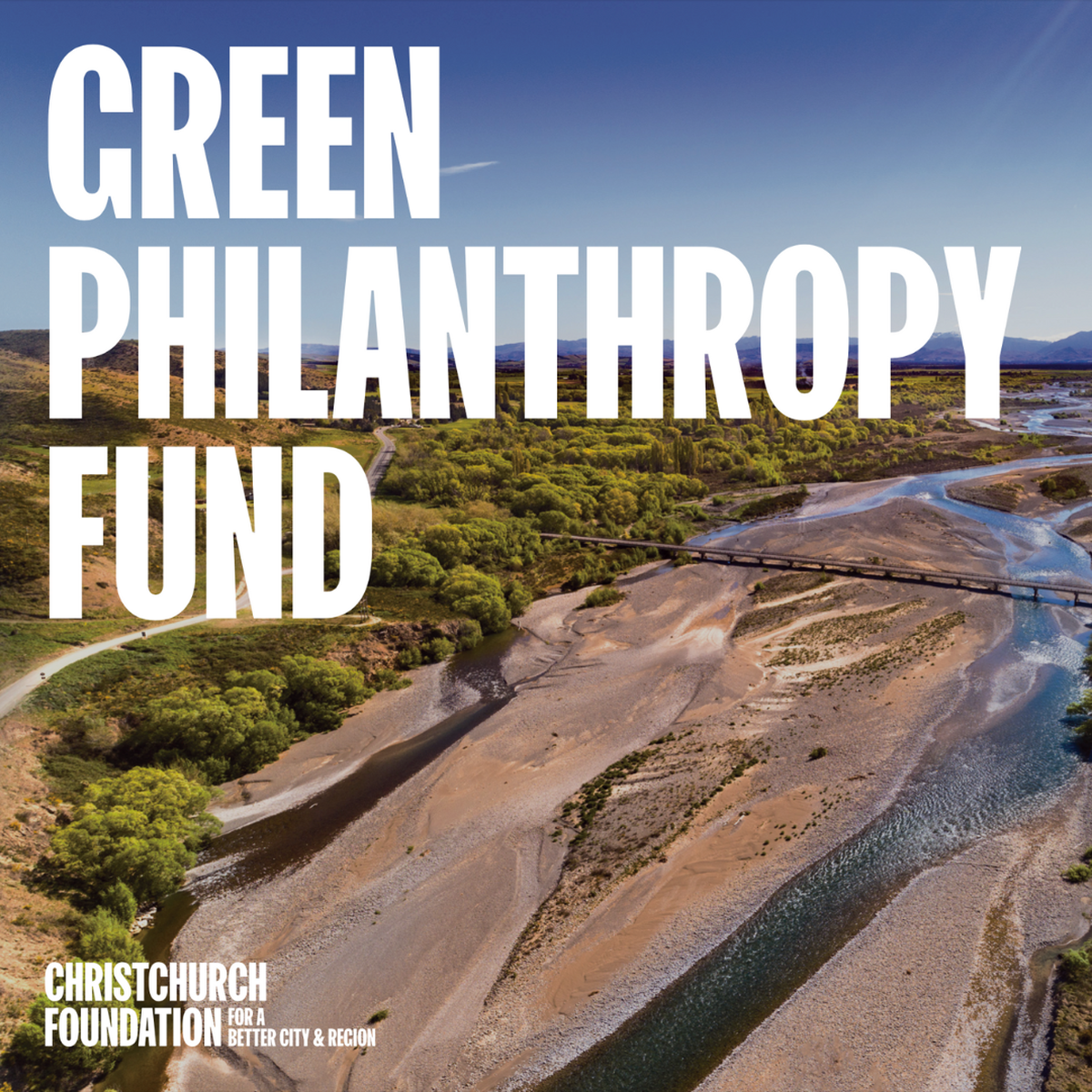
The Green Philanthropy Fund has been developed to accelerate positive environmental change in Waitaha Canterbury.
Future thinking must be applied to quickly address the big environmental issues we are facing. Our goal is to make it easier for businesses and individuals to give to science-led innovation, and to increase the pool of funding available to those individuals and groups striving to improve and protect our ecosystems.
